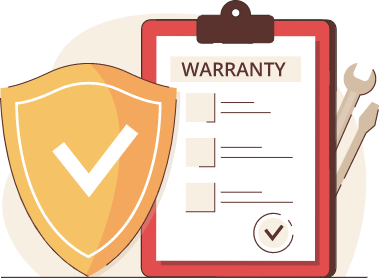We prioritize full transparency for our readers. The company rankings on our site are entirely independent of any marketing relationships we may have with home warranty companies. While we may receive compensation for generating quotes or placing advertisements, this does not influence a company's ranking. Rankings are based solely on consumer reviews and ratings from home warranty users.
*Please note: The lead information provided by readers will be forwarded to the selected companies. If a selected company is not part of the Leads Program or does not respond, the lead may be shared with a similar company.





















